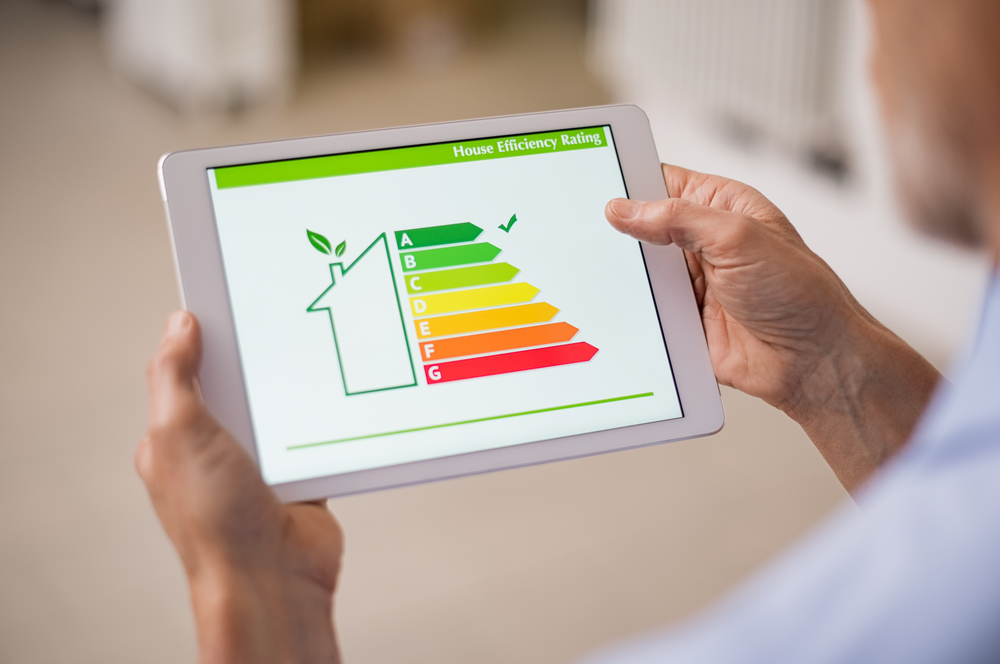BEHAVIOUR
Implementation of energy efficiency measures, flexible consumption and adoption of new technology in private households can have a significant impact on the transition to a low-carbon energy system and minimize nature interventions. For the Nordic region, the economic value of flexible end-use is estimated to range from 1-2 billion SEK per year and consumer behaviour is key in determining society’s use of energy.
Consumer decisions are influenced by a rich set of social relations, contradicting motivations, beliefs and values, etc. BEHAVIOUR aims to provide knowledge on the main drivers and barriers for sustainable implementation of desirable private energy use. Further, to develop a methodology for modelling the complexity of the consumer side and it’s relation and interface to energy system models; and finally, to quantify the aggregated impact of consumer energy behaviour, and address the value and impact on the Norwegian energy system.
BEHAVIOUR will provide decision support for the public sector, industry sector, and consumer representatives etc. by working out how energy behaviour can be changed to be more cost-effective from an energy system perspective.
The outcome of BEHAVIOUR will also benefit Norwegian research institutions, public authorities and industrial actors by further developing methodologies for interdisciplinary research on energy behaviour that also takes into account the highly complex consumer perspective.
Interdisciplinary research for a highly realistic and accurate result
By combining Agent Based Modelling (ABM) with both a techno-economic modelling perspective and socio-technically oriented analysis of behaviour in transitions, the BEHAVIOUR project represents a novel combination of disciplines; psychology, social science, technology, economics and energy system analysis. BEHAVIOUR brings these complementary perspectives together, to study the energy behaviour of private households with a highly realistic and accurate end result.
State of the art
The main areas where BEHAVIOUR contributes to expand state-of-the art are in delivering a deeper understanding of social dynamics in energy choices, the development of a methodology to model such dynamics in an agent-based model (ABM) context to link this ABM to bottom-up models of the energy system.
The research questions are as follows:
- What are main drivers and barriers for a sustainable energy behaviour in Norway. Who makes decisions, in which social constellations, and what factors influences these decisions?
- Which instruments are effective to narrow the gap between energy behaviour and a techno-economic development and how will these instruments influence energy behaviour and technology choice?
- How can the socio-technical context of energy behaviour be characterized, and how should it be embedded in the modelling framework of the project?
- What will be the implementation of energy efficiency, end-use flexibility and new technologies in Norway towards 2050 for various energy system developments and policy instruments?
- How will energy behaviour influence investments in the energy supply, industry and transport sector, need for new energy infrastructure, cost of the low-carbon transition and CO2 emissions in Norway towards 2050?
- What is an appropriate methodology to transform research on energy behaviour from psychology and science and technology studies to valuable input for agent based and energy system models and how can such models interact dynamically?
Stakeholders and partners
The project will give insights to stakeholders and decision makers regarding Norwegian energy behaviour. By combining the knowledge about complexity and social dynamics of consumer decisions with agent-based modelling and energy system analysis, insights from these models will be more realistic and improving the decision support to the policymakers.
BEHAVIOUR will contribute to achieving the UN Sustainability Development Goals 7. Affordable and Clean Energy, 8. Decent Work and Economic Growth, 11. Sustainable Cities and Communities, 12. Responsible Consumption and Production, 13. Climate Action and 15. Life on Land.
The user partners in BEHAVIOUR are Enova, Equinor and NVE
Communications
In total, the project results will be disseminated through 9 scientific papers and 6 conference presentations, one popular science report, in addition to the BEHAVIOUR projects annual meetings and workshops.
Project group
The project will be carried out in close cooperation between the Institute for Energy Technology (IFE), NTNU-KULT, NTNU PSY and SINTEF.

